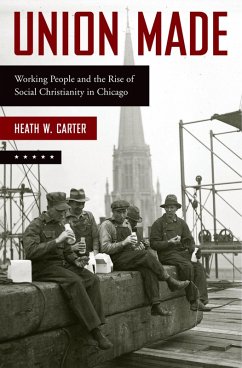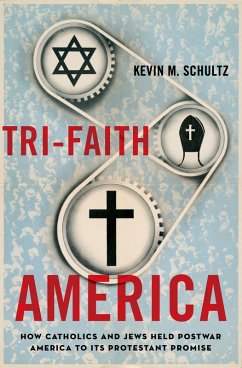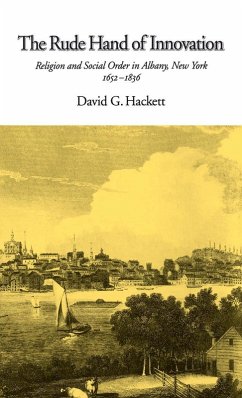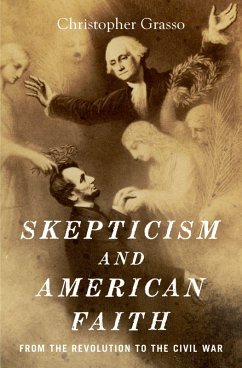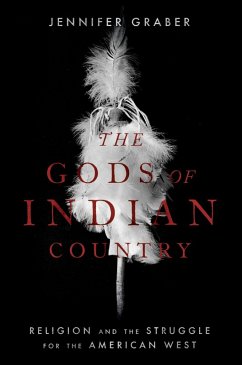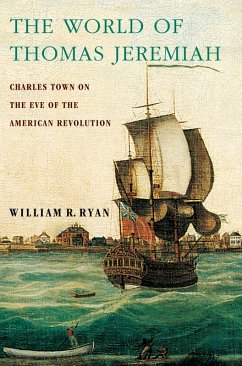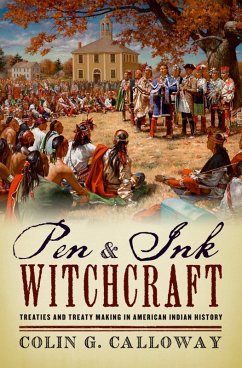
A Divinity for All Persuasions (eBook, PDF)
Almanacs and Early American Religious Life
Versandkostenfrei!
Sofort per Download lieferbar
16,95 €
inkl. MwSt.
Weitere Ausgaben:

PAYBACK Punkte
8 °P sammeln!
A Divinity for All Persuasions uncovers the religious signifiance of early America's most ubiquitous popular genre. Other than a Bible and perhaps a few schoolbooks and sermons, almanacs were the only printed items most Americans owned before 1820. Purchased annually, the almanac was a calendar and astrologically-based medical handbook surrounded by poetry, essays, anecdotes, and a variety of practical information. Employing a wealth of archival material, T.J. Tomlin analyzes the pan-Protestant sensibility distributed through the almanac's pages between 1730 and 1820. By disseminating a collec...
A Divinity for All Persuasions uncovers the religious signifiance of early America's most ubiquitous popular genre. Other than a Bible and perhaps a few schoolbooks and sermons, almanacs were the only printed items most Americans owned before 1820. Purchased annually, the almanac was a calendar and astrologically-based medical handbook surrounded by poetry, essays, anecdotes, and a variety of practical information. Employing a wealth of archival material, T.J. Tomlin analyzes the pan-Protestant sensibility distributed through the almanac's pages between 1730 and 1820. By disseminating a collection of Protestant concepts regarding God's existence, divine revelation, the human condition, and the afterlife, almanacs played an unparalleled role in early American religious life. Influenced by readers' opinions and printers' pragmatism, the religious content of everyday print supports an innovative interpretation of early American cultural and religious history. In sharp contrast to a historiography centered on intra-Protestant competition, Tomlin shows that most early Americans relied on a handful of Protestant "essentials" rather than denominational specifics to define and organize their religious lives.
Dieser Download kann aus rechtlichen Gründen nur mit Rechnungsadresse in A, B, BG, CY, CZ, D, DK, EW, E, FIN, F, GR, HR, H, IRL, I, LT, L, LR, M, NL, PL, P, R, S, SLO, SK ausgeliefert werden.




